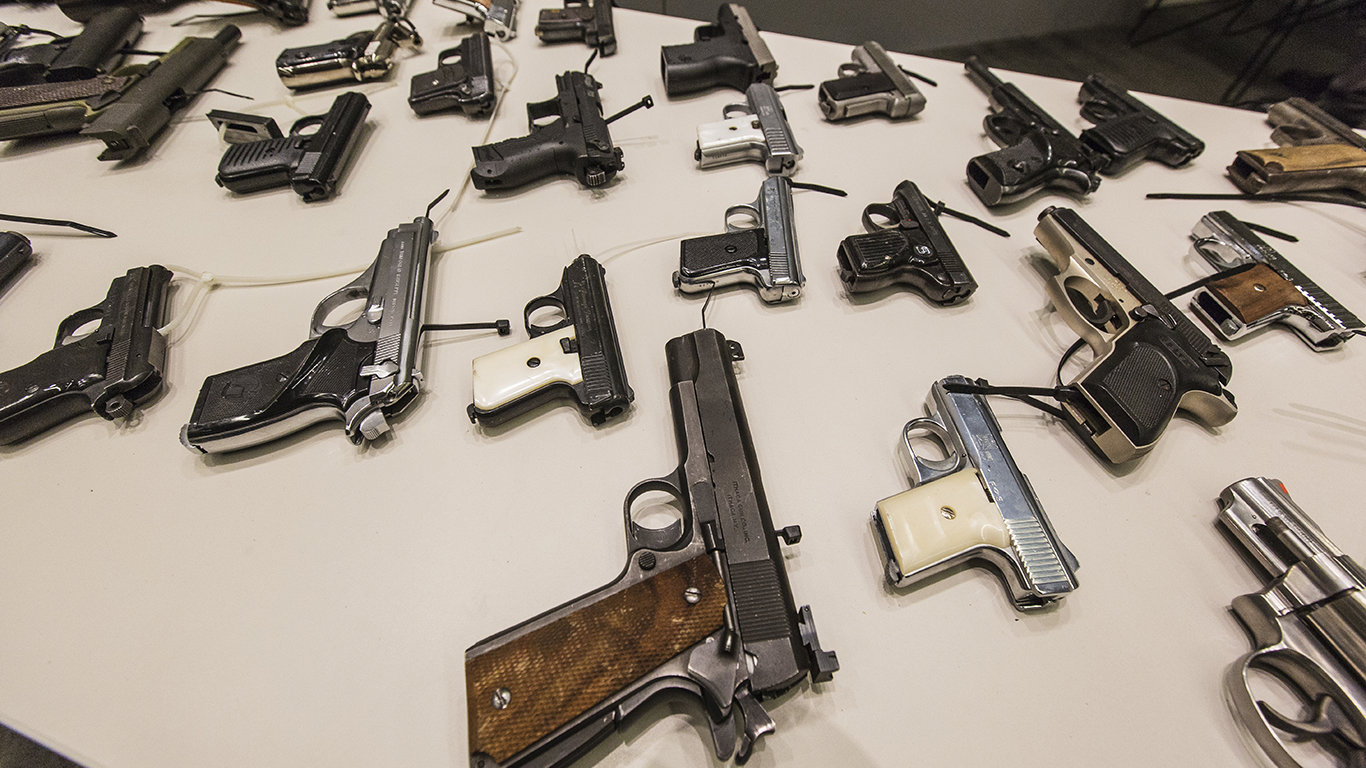Federal Court Strikes Down California's Broad Restrictions on Concealed Carry

A panel of the 9th U.S. Circuit Court court struck down California’s ban on concealed carry permit users bringing their guns to many places outside the home, following an earlier federal district court’s injunction in December against the ban, then another 9th Circuit judge’s overturning of the injunction.
2023 bill SB 2 took effect on January 1 and banned concealed carry permit holders from bringing their certified firearms to most public places — even privately-owned commercial establishments open to the public unless its operator “clearly and conspicuously posts a sign” indicating license holders may carry their firearms on the property.
California concealed carry applicants undergo thorough background checks that include interviews, fingerprinting, reviews through multiple government databases, and pass a state-certified full-day handgun training program designed for concealed carry permit holders.
“Extremist judges have overturned CA's gun law and are insisting that guns be allowed at our playgrounds, libraries, and hospitals,” said California Gov. Gavin Newsom in a public statement. “This is exactly why we need to pass a US Constitutional Amendment that will put in place common sense reforms like: universal background checks, a ban on assault weapons, [and] raising the age to purchase a gun to 21.”
An injunction against the law was first issued in December by a district court judge who ruled “SB2 turns nearly every public place in California into a 'sensitive place,' effectively abolishing the Second Amendment rights of law-abiding and exceptionally qualified citizens to be armed and to defend themselves in public.”
Notably, the lawsuit against SB 2 did not challenge and the injunction did not block “sensitive place” designations regarding school zones, preschools, state or local public buildings, airports, or legislative offices.
California attorney general Rob Bonta appealed the injunction ruling, first seeking an administrative stay against the district court’s injunction through the 9th Circuit Court, which was granted. An administrative stay typically serves as a “judicial pause” while a court takes time to consider the merits of a case in a more long-term ruling.
As successfully argued by the lawyers representing the concealed carry permit users in their stay appeal, administrative stays are typically used to “preserve the status quo pending a determination of the action on the merits” by serving as a judicial pause, and that the court’s stay was a departure from this legal precedent. With the dissolving of the administrative stay, SB 2’s challenged limitations on concealed carry are no longer in effect.
The 9th Circuit is set to hear arguments for the case in April.
Kenneth Schrupp Go to Source Reposted with permission https://www.wisconsinrightnow.com/2023-bill-sb-2/?feed_id=8252&_unique_id=659d666b51389
Comments
Post a Comment